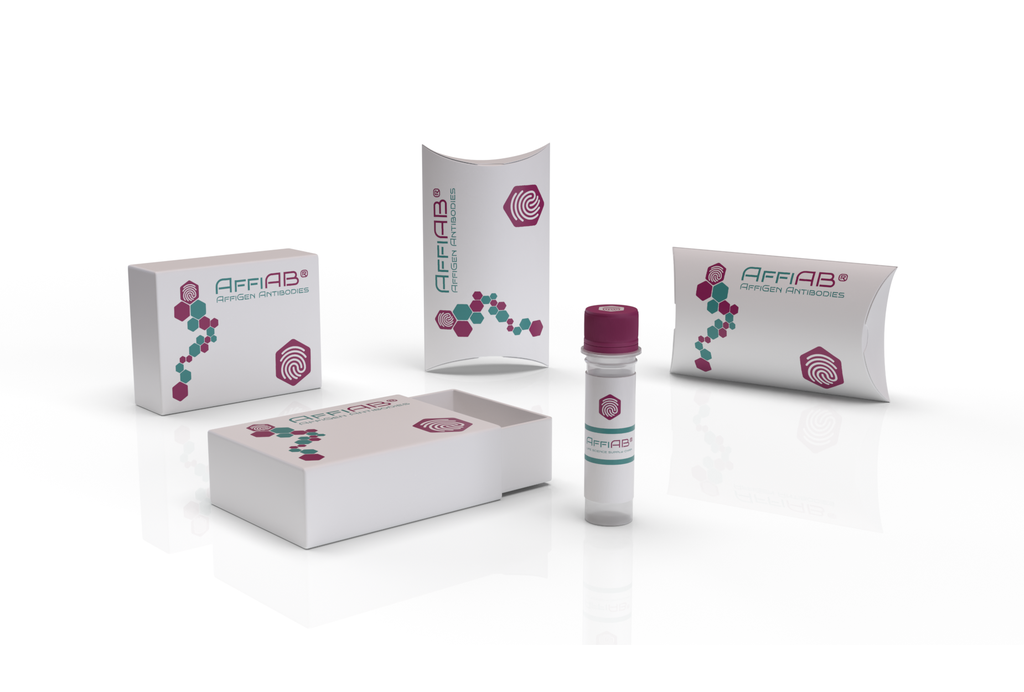AffiAB® Anti-DFNA5/GSDME Antibody
Plays a role in the TP53-regulated cellular response to DNA damage probably by cooperating with TP53. Gasdermin-E, N-terminal: Switches CASP3-mediated apoptosis induced by TNF or danger signals, such as chemotherapy drugs, to pyroptosis. Produced by the cleavage of GSDME by CASP3, perforates cell membrane and thereby induces pyroptosis. After cleavage, moves to the plasma membrane where it strongly binds to inner leaflet lipids, bisphosphorylated phosphatidylinositols, such as phosphatidylinositol (4, 5) -bisphosphate. Mediates secondary necrosis downstream of the mitochondrial apoptotic pathway and CASP3 activation as well as in response to viral agents. Exhibits bactericidal activity.
Antibody type
Rabbit polyclonal Antibody
Uniprot ID
SwissProt: O60443 Human; SwissProt: Q9Z2D3 Mouse; SwissProt: F1MAG0 Rat
Recombinant
NO
Conjugation
Non-conjugated
Host
Rabbit
Isotype
IgG
Clone
N/A
KO/KD
N/A
Species reactivity
Human, Mouse, Rat
Tested applications
WB, IHC-P, FC
Predicted species reactivity
N/A
Immunogen
Recombinant protein within Human DFNA5 / GSDME aa 1-220 / 496.
Storage
Store at +4°C after thawing. Aliquot store at -20°C. Avoid repeated freeze / thaw cycles.
Form
Liquid
Storage buffer
1*PBS (pH7.4) , 0.2% BSA, 50% Glycerol. Preservative: 0.05% Sodium Azide.
Concentration
1 mg/mL.
Purity
Immunogen affinity purified.
Signal pathway
Immunology & Inflammation
Recommended dilutions
WB:1:500-1:1, 000
; IHC-P:1:50-1:200
; FC:1:50-1:100
Molecular Weight
Predicted band size: 55 kDa
Subcellular location
Cell membrane, Cytoplasm, cytosol.
Positive control
Hela cell lysates, SiHa cell lysates, rat testis tissue, human thyroid gland tissue, human breast tissue, mouse small intestine tissue.
